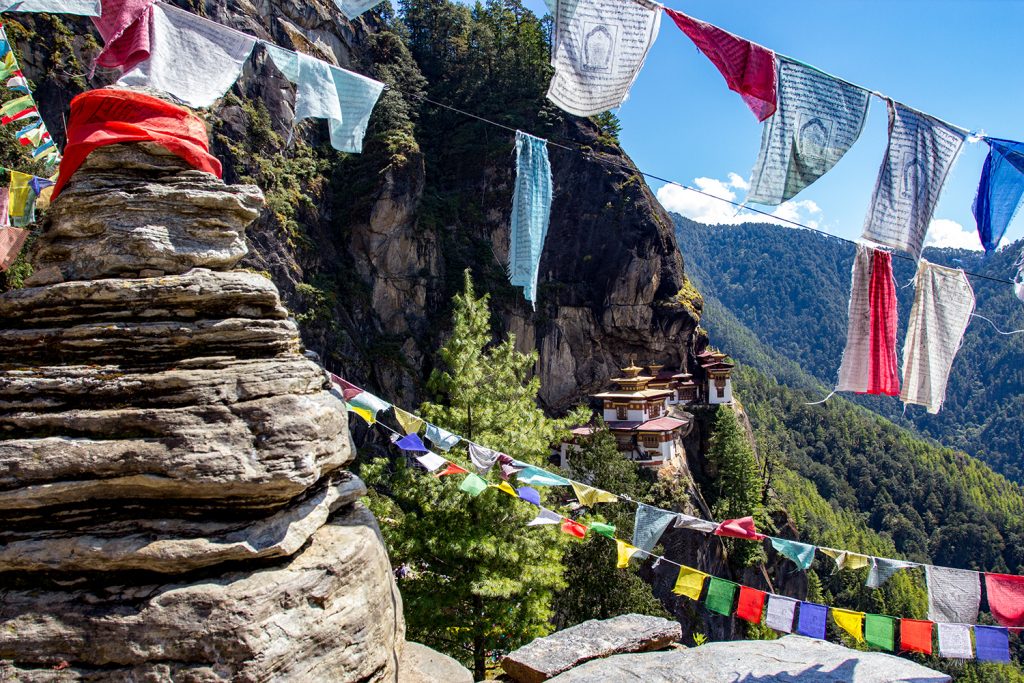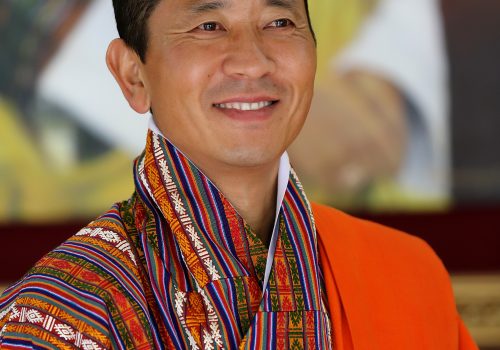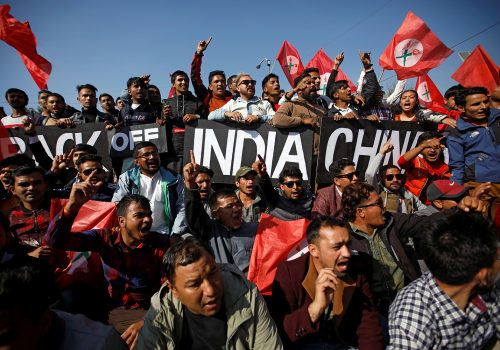The global tourism industry has been devastated by the COVID-19 pandemic. In South Asia, this impact runs deeply, with the pandemic affecting approximately 47.7 million travel and tourism jobs across the region. Many of these jobs were held by women and vulnerable communities employed in the informal sector.
While in 2019 tourism was among the fastest growing sectors in South Asia, the pandemic resulted in losses of over fifty billion dollars to regional gross domestic product. In particular, the Maldives, Bhutan, Sri Lanka, and Nepal saw between a 70 and 80 percent reduction in tourist arrivals in 2020. Furthermore, the United Nations World Tourism Organization projects a return to pre-COVID arrival levels in 2023 at the earliest, indicating a long recovery for this critical economic sector.
To explore these issues, the Atlantic Council’s South Asia Center brought together a panel of experts to discuss COVID-19 and the future of tourism in the Himalayan and Indian Ocean Countries of South Asia.
This program was recorded on June 21, 2022.
Featuring
Dr. Aishath Shakeela
Senior Lecturer
Griffith Business School, Griffith University, Brisbane, Australia
Dr. Manoj Samarathunga
Senior Lecturer
Faculty of Management Studies, Rajarata University of Sri Lanka
Saurav Raj Pant
CEO
National Study Center, Kathmandu, Nepal
Damcho Rinzin
Chief Tourism Officer
Tourism Promotion Division, Tourism Council of Bhutan
Moderated by
Dr. Rudabeh Shahid
Non-Resident Senior Fellow
Atlantic Council’s South Asia Center

The South Asia Center is the hub for the Atlantic Council’s analysis of the political, social, geographical, and cultural diversity of the region. At the intersection of South Asia and its geopolitics, SAC cultivates dialogue to shape policy and forge ties between the region and the global community.
Related content
Image: --File--In this undated photo, known as one of the world's top 10 super temples, Taktsang Palphug Monastery is the holiest Buddhist temple in Paro Valley, northwest Bhutan. It is situated on the cliff wall 3000 feet high in the Paro valley.No Use China. No Use France. via Reuters.



